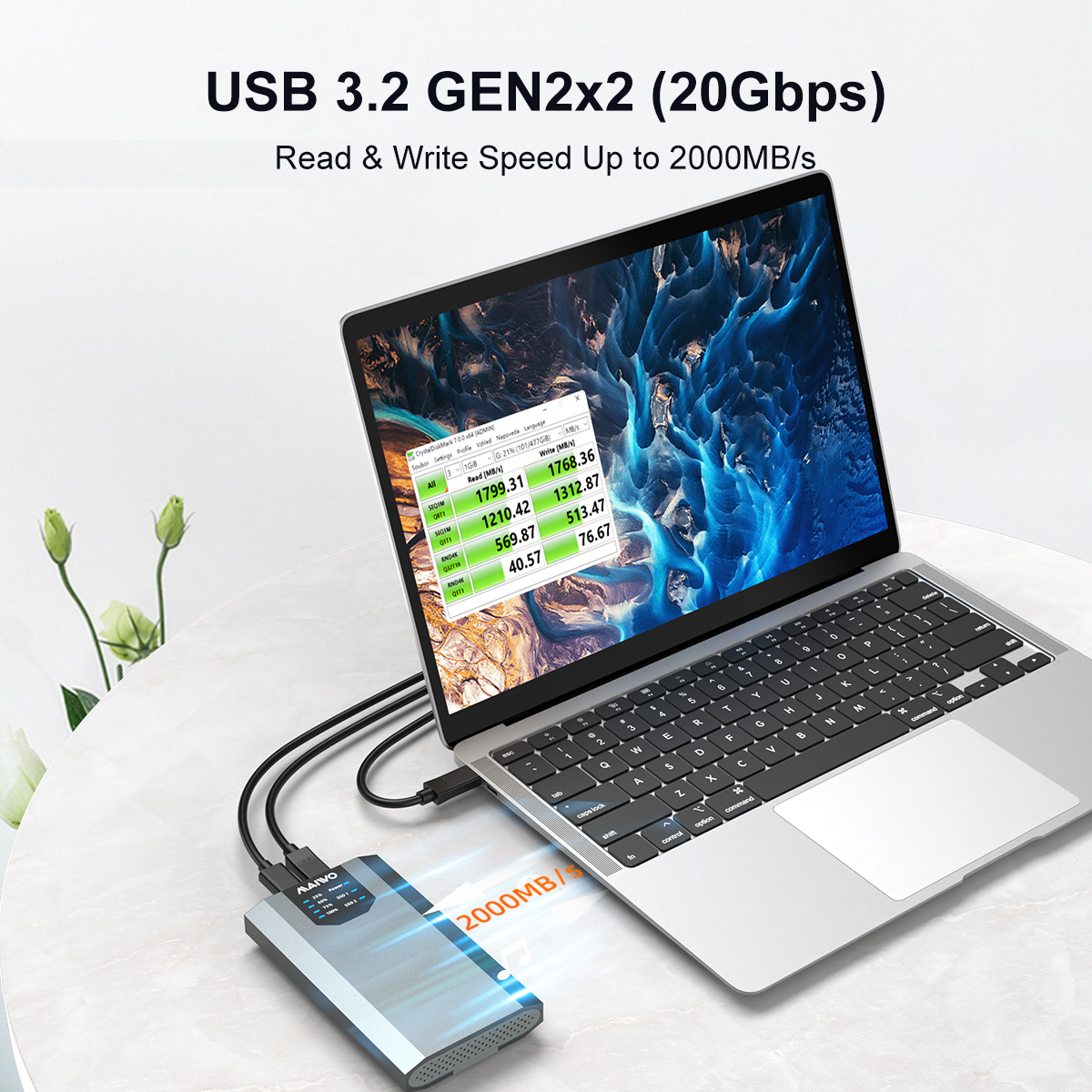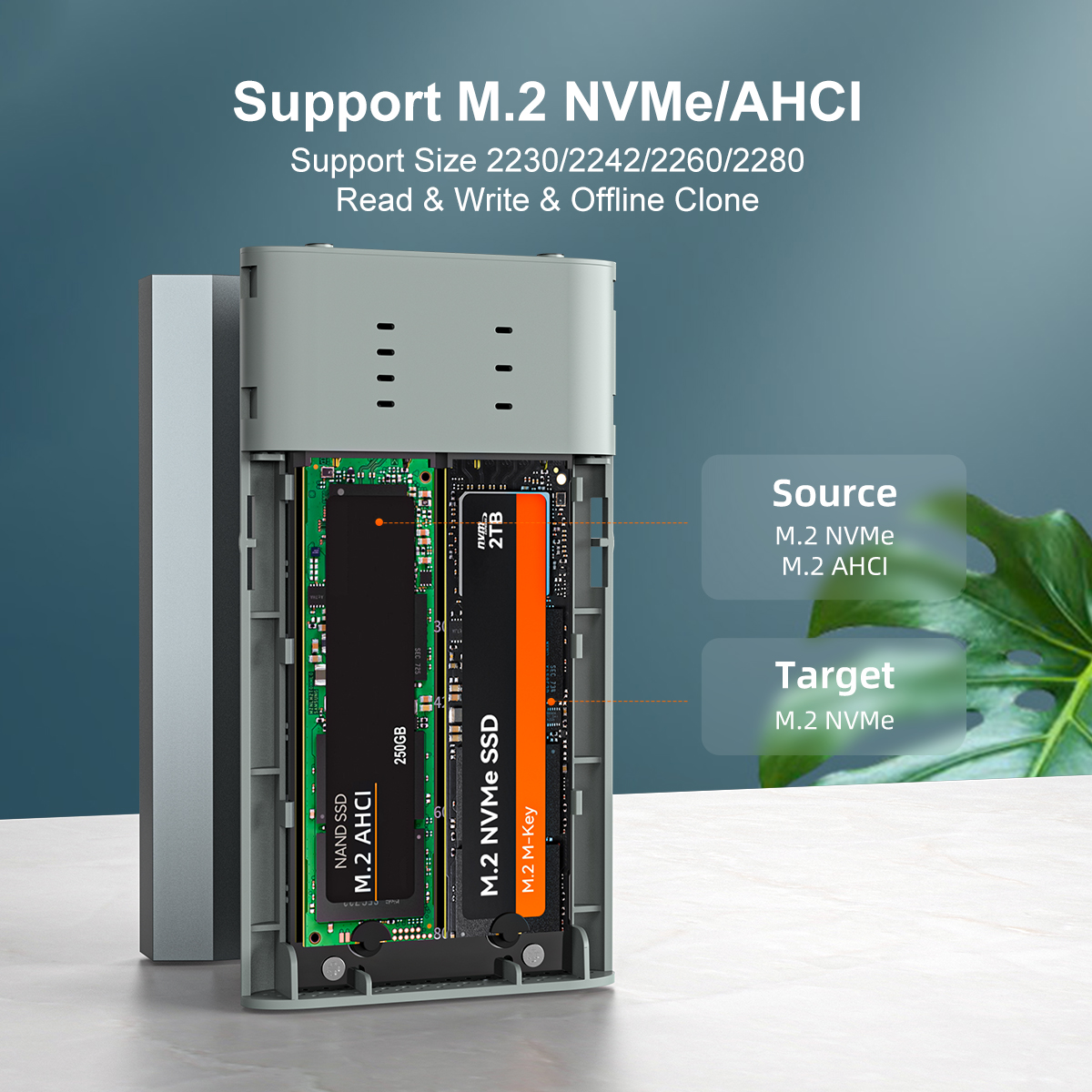A docking station is a device that allows users to connect their laptops or mobile devices to additional peripherals and accessories. It serves as a central hub, providing a convenient and efficient way to expand the capabilities and functionality of portable devices. With the increasing popularity of laptops and smartphones, docking stations have become an essential tool for productivity, connectivity, and versatility.
Docking stations offer a wide range of connectivity options, enabling users to connect multiple devices and accessories using a single connection. They typically provide ports for connecting external monitors, keyboards, mice, speakers, printers, and other peripherals. By consolidating these connections into a single device, docking stations simplify the process of connecting and disconnecting devices, reducing clutter and cable management efforts.
By connecting a laptop or mobile device to a docking station, users can transform their portable devices into full-fledged workstations. Docking stations provide additional USB ports, multiple display outputs, Ethernet ports, and audio jacks, allowing users to connect all the necessary peripherals and accessories required for efficient and productive work. This setup eliminates the need to switch between different devices, allowing users to have a seamless and uninterrupted workflow.
Many docking stations come equipped with charging capabilities, allowing users to recharge their laptops or mobile devices while connected. This feature is especially beneficial for individuals who work long hours or rely heavily on their portable devices. Docking stations often provide a more stable and reliable power source than USB connections, ensuring uninterrupted power supply even during intensive tasks or resource-heavy applications.

A docking station offers the flexibility to connect different types of devices, regardless of their brand or operating system. This versatility is invaluable, especially in shared workspaces or environments where multiple devices or operating systems are utilized. Docking stations allow users to connect their laptops, tablets, or smartphones interchangeably, without the need for extra adapters or converters.
While docking stations are typically associated with desktop setups, there are also portable docking stations available. These compact and lightweight devices provide similar connectivity options as their desktop counterparts, enabling users to expand their device's capabilities even when on the go. Portable docking stations are particularly useful for individuals who frequently travel or switch between different work locations.

In summary, docking stations are essential tools that enhance connectivity, improve productivity, and offer versatility to users. By consolidating multiple connections into one device, docking stations simplify the process of connecting various peripherals and accessories. They enable users to transform their portable devices into full workstations, making them perfect for home offices, workplaces, or individuals on-the-go.